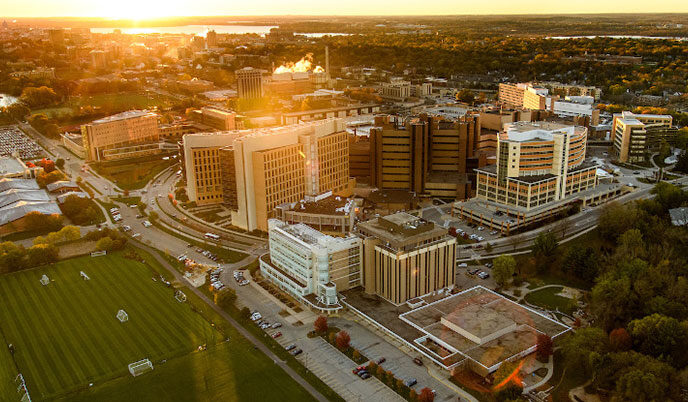
UW Health and UW School of Medicine and Public Health launch new Study Finder
UW Health and the UW School of Medicine and Public Health have launched the UW Health Study Finder, a new, easily accessible website that lists UW studies and clinical trials that are currently recruiting participants.
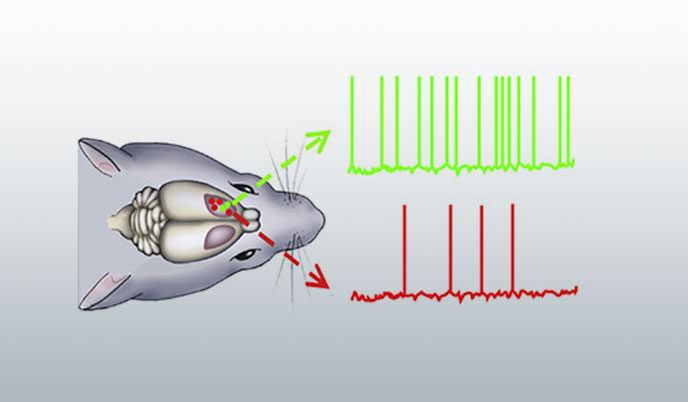
Stem cells can repair Parkinson’s-damaged circuits in mouse brains
The mature brain is infamously bad at repairing itself following damage like that caused by trauma or strokes, or from degenerative diseases like Parkinson’s. Stem cells, which are endlessly adaptable, have offered the promise of better neural repair. But the brain’s precisely tuned complexity has stymied the development of clinical treatments.
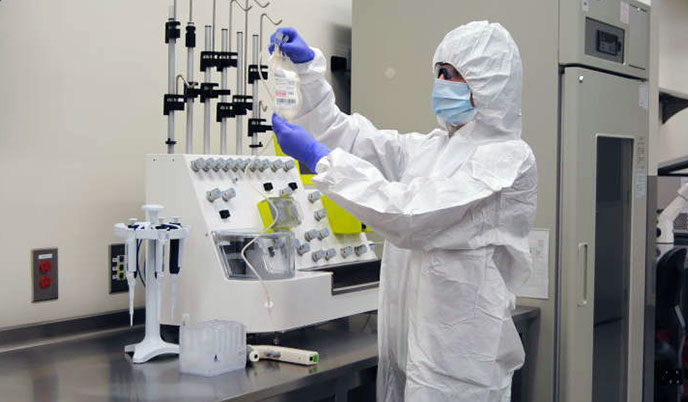
UW Carbone Cancer Center receives FDA clearance to test new regenerative medicine therapy for radiotherapy-induced dry mouth
The University of Wisconsin Carbone Cancer Center has the go-ahead to start clinical trials on a first-in-human cell therapy to treat a common side effect of radiation therapy.
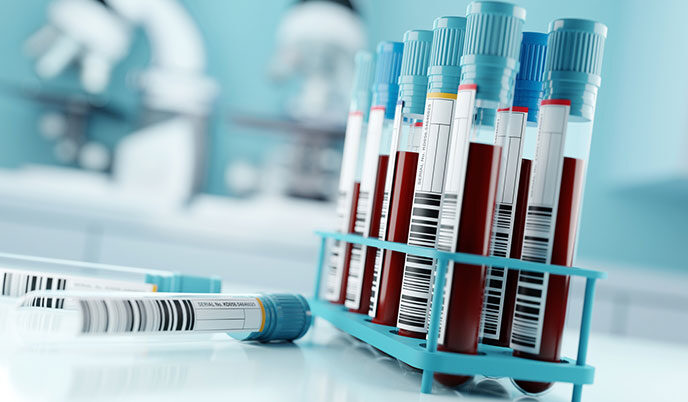
Nanoparticle system captures heart disease biomarker from blood for in-depth analysis
Researchers at the University of Wisconsin–Madison have developed a method combining sticky nanoparticles with high-precision protein measurement to capture and analyze a common marker of heart disease to reveal details that were previously inaccessible.

Darcie Moore selected as 2020 Vallee Scholar in recognition of research
Darcie L. Moore, PhD, assistant professor of neuroscience, has been named by the Vallee Foundation as a 2020 Vallee Scholar. The award provides $300,000 in funding for basic biomedical research over four years.

UW–Madison Alzheimer’s researchers well-represented at annual conference
Researchers from the Wisconsin Alzheimer’s Disease Research Center, Wisconsin Alzheimer’s Institute, and the University of Wisconsin School of Medicine and Public Health shared new dementia research at the virtual 2020 Alzheimer’s Association International Conference, July 27 to 31.
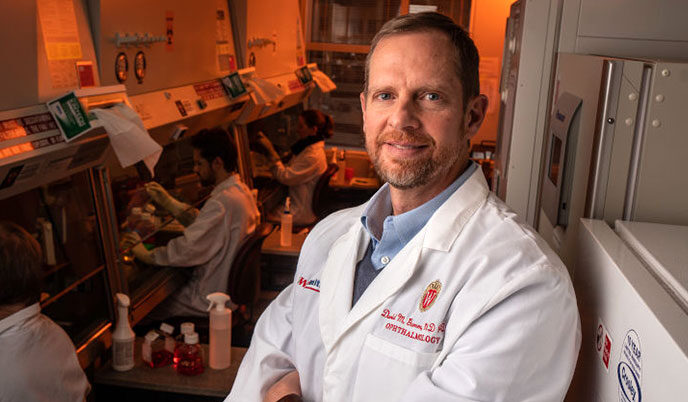
UW researchers devise approach to treat rare, incurable form of blindness
Scientists at the University of Wisconsin‒Madison have published a proof-of-concept method to correct an inherited form of macular degeneration that causes blindness, and that is currently untreatable.

Neighborhood disadvantage associated with presence of Alzheimer’s disease-related brain changes at autopsy
People in the most disadvantaged neighborhoods in the United States may face greater odds of developing Alzheimer’s disease-related brain changes, according to researchers at the University of Wisconsin School of Medicine and Public Health.
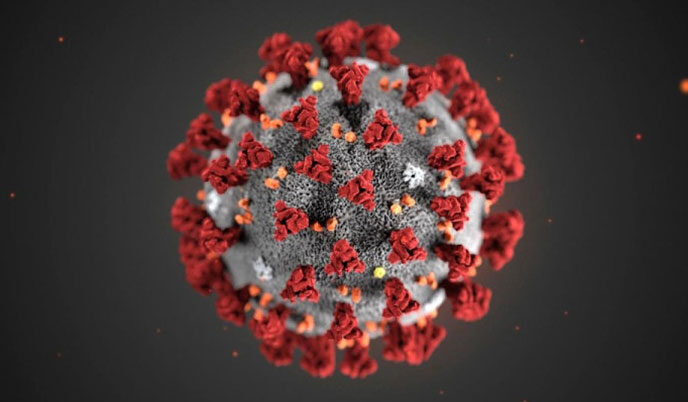
Survey of the Health of Wisconsin shifts data collection efforts to understand how COVID-19 affects all aspects of health
The Survey of the Health of Wisconsin (SHOW) is shifting data collection efforts this coming year with the goal of being at the forefront of understanding how the coronavirus pandemic is impacting all aspects of health.
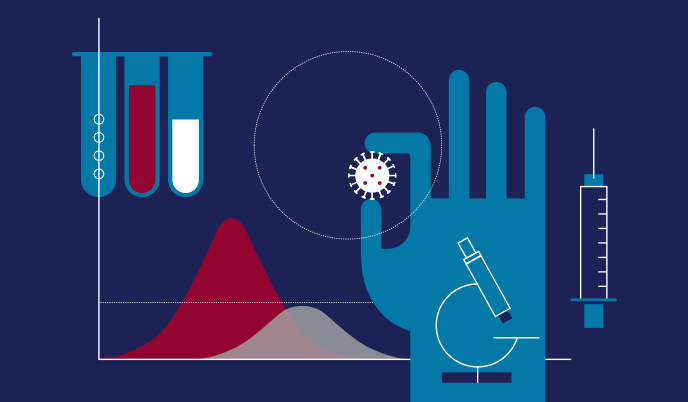
In COVID-19 response, don’t let urgency trump sound science
Bioethicist Pilar Ossorio says the world could be at risk of sacrificing essential knowledge for fighting COVID-19 and future deadly viruses if the COVID-19 response is not accompanied by sound research.
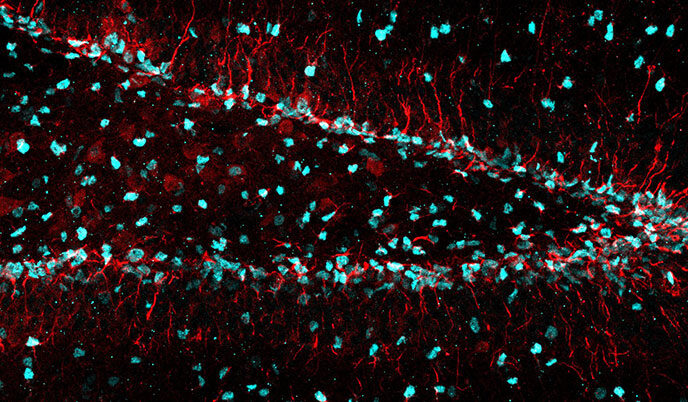
Newly identified cellular ‘trash removal program’ helps create new neurons
New research by University of Wisconsin-Madison scientists reveals how a cellular filament helps neural stem cells clear damaged and clumped proteins, an important step in eventually producing new neurons.

Funding available for women’s health research by UW–Madison early-career faculty
A funding opportunity is available for early-career faculty at the University of Wisconsin-Madison whose research focuses on women’s health or sex and gender differences.